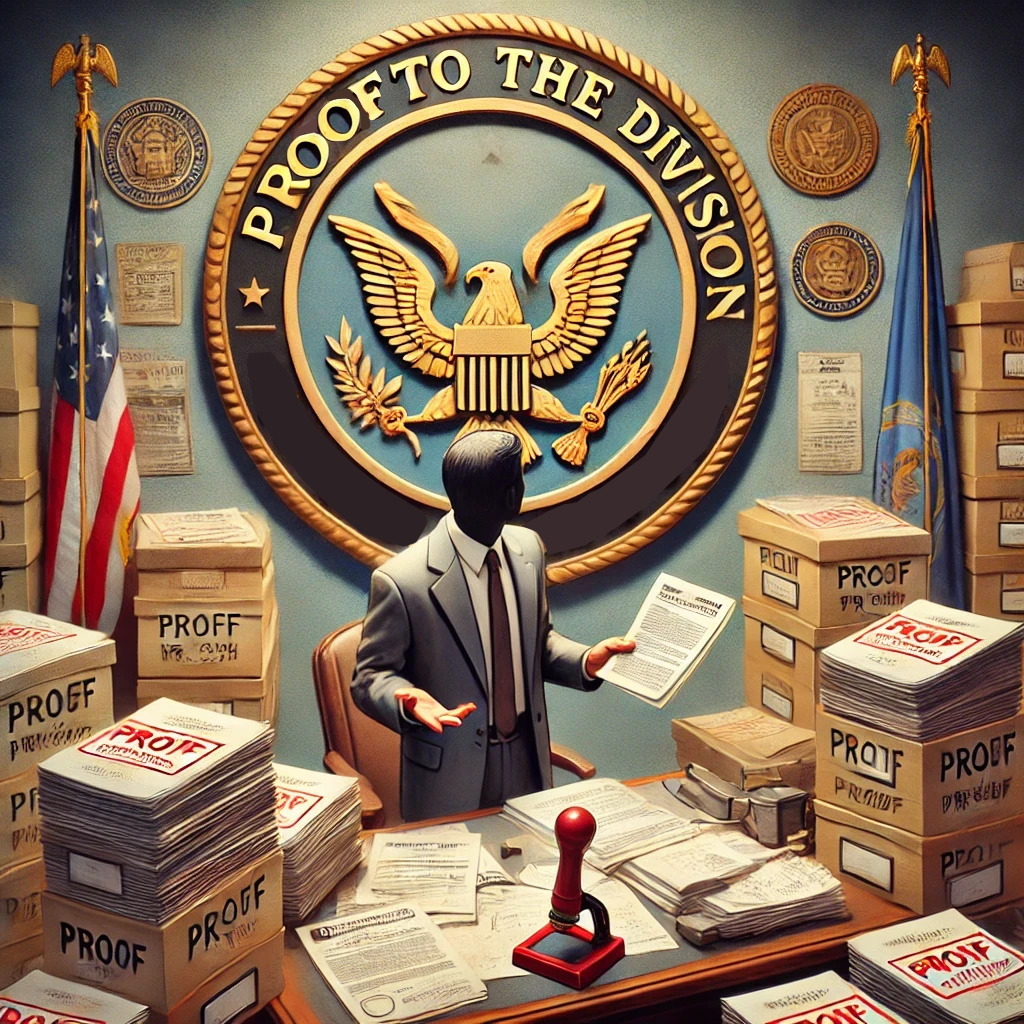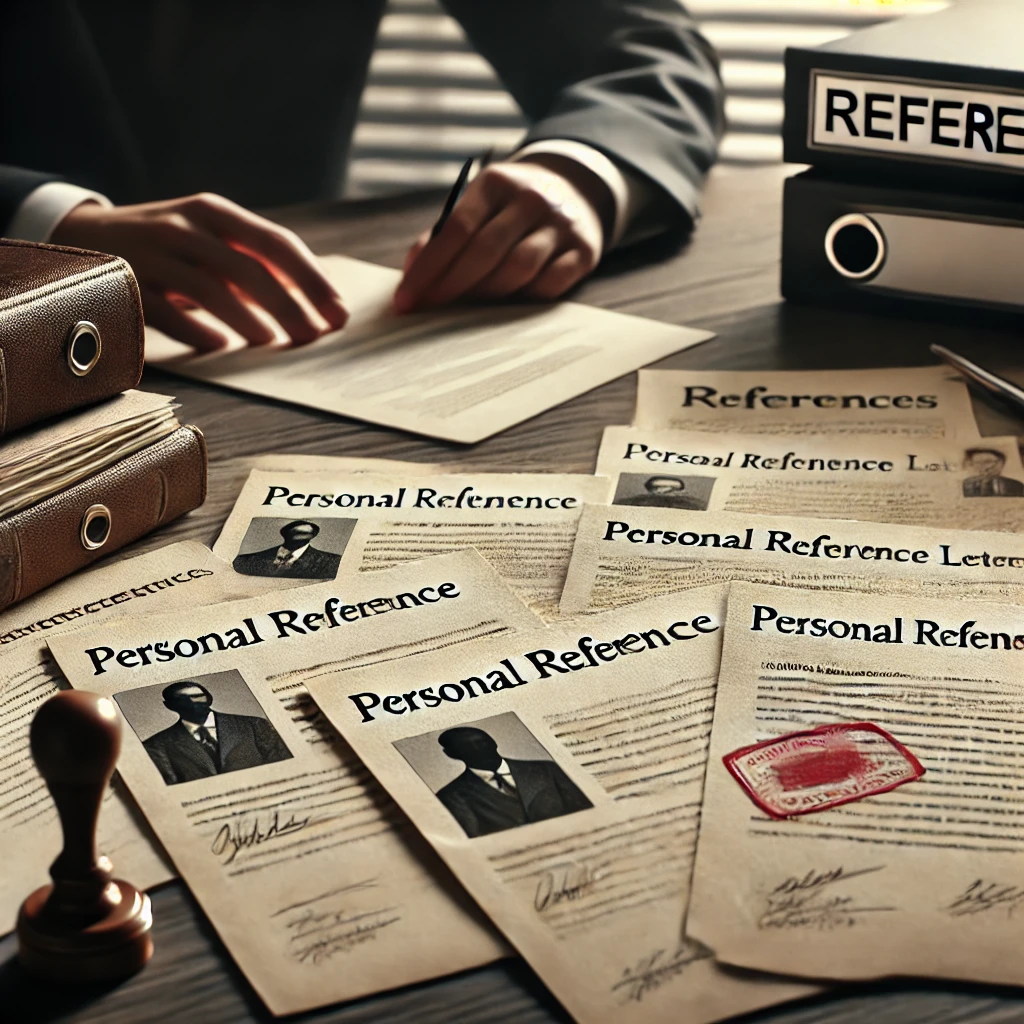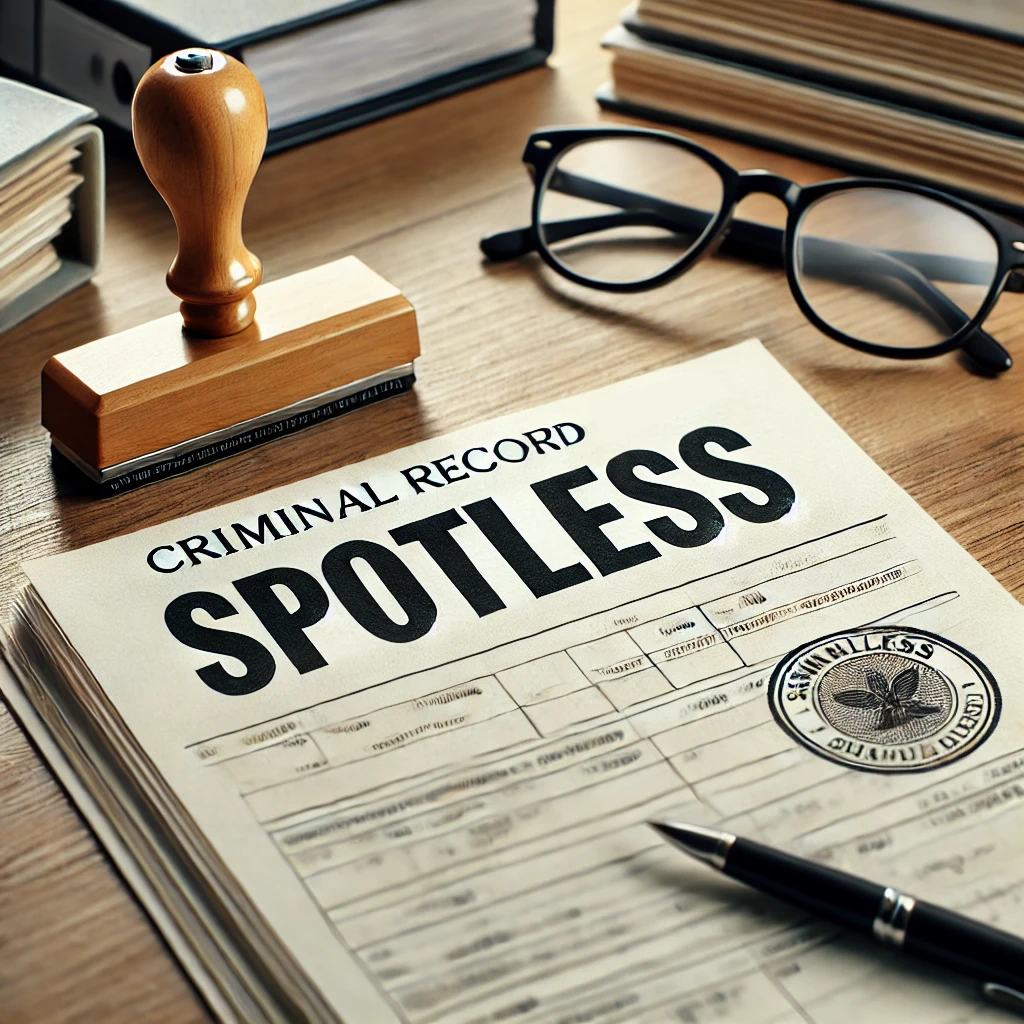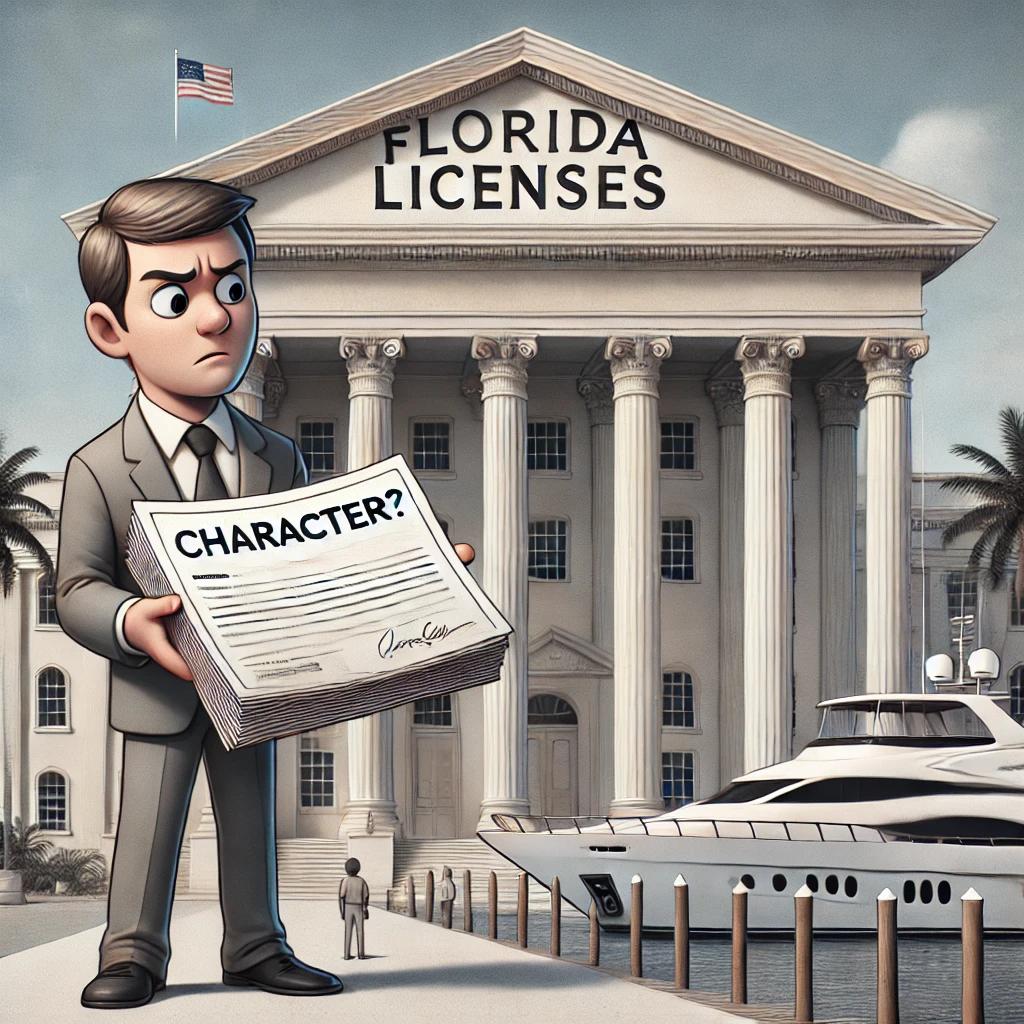Florida Governor Ron DeSantis recently signed Senate Bill 92 into law, introducing changes to the state’s Yacht and Ship Brokers’ Act. One of the most debated provisions is the requirement that applicants for a broker’s license furnish proof of “good moral character.” The law, which goes into effect in October 2024, raises significant concerns about how one is expected to prove something as subjective as moral character, leaving many to question the fairness and potential impact of this new requirement.

The bill mandates that the Florida Division of Condominiums, Timeshares, and Mobile Homes deny a broker’s license to any applicant who does not meet certain conditions. Among these conditions is the need for “proof satisfactory to the division” that the applicant is of good moral character. However, the legislation provides no clear definition of what constitutes good moral character, leaving it open to interpretation. This ambiguity creates uncertainty for those seeking licensure, as it is unclear what evidence or documentation would suffice.

The concept of proving good moral character has been used in other professions, but even in those fields, it can be difficult to determine how to meet this standard. Historically, applicants might submit letters of recommendation, personal references, or a clean criminal record as evidence. However, these forms of proof can vary widely in terms of their relevance and effectiveness in demonstrating one’s character. What is considered morally acceptable in one context may not be in another, leading to subjective judgments that could potentially create inconsistencies in how the law is applied.

The burden of proof is now on the applicant, but how does one go about proving an intangible quality like moral character? The lack of clarity around this requirement means individuals may not know whether a spotless criminal record or letters from community members will be enough to meet the Division’s standards. This lack of guidance could make the application process difficult and lead to potential legal challenges from those who feel they have been unfairly denied.

Without clear guidelines, the interpretation of moral character could be influenced by personal biases. This opens up the possibility of arbitrary or even discriminatory decisions, which could disproportionately impact individuals from certain backgrounds. In the past, vague moral character provisions have been used to exclude certain groups from professional opportunities, and this law raises concerns that similar issues could arise here.

In addition to the ethical and legal questions, the economic impact of this provision cannot be ignored. Florida’s yacht and ship brokerage industry is a vital part of the state’s economy, and making the licensing process more restrictive could discourage qualified individuals from entering the field. The law includes exemptions for those who work as brokers in other states, but for those seeking to build a career in Florida, the uncertainty surrounding the moral character requirement could be a deterrent.

While Senate Bill 92 aims to ensure that licensed brokers uphold certain standards, its vague requirement for proof of good moral character leaves much to be desired in terms of clarity and fairness. As it stands, both prospective brokers and the Florida Division will face challenges in determining how to navigate this new standard. Without clear criteria, this provision may lead to unintended consequences for the industry and raise important questions about the fairness of the state’s licensing process.






